 |  |  |
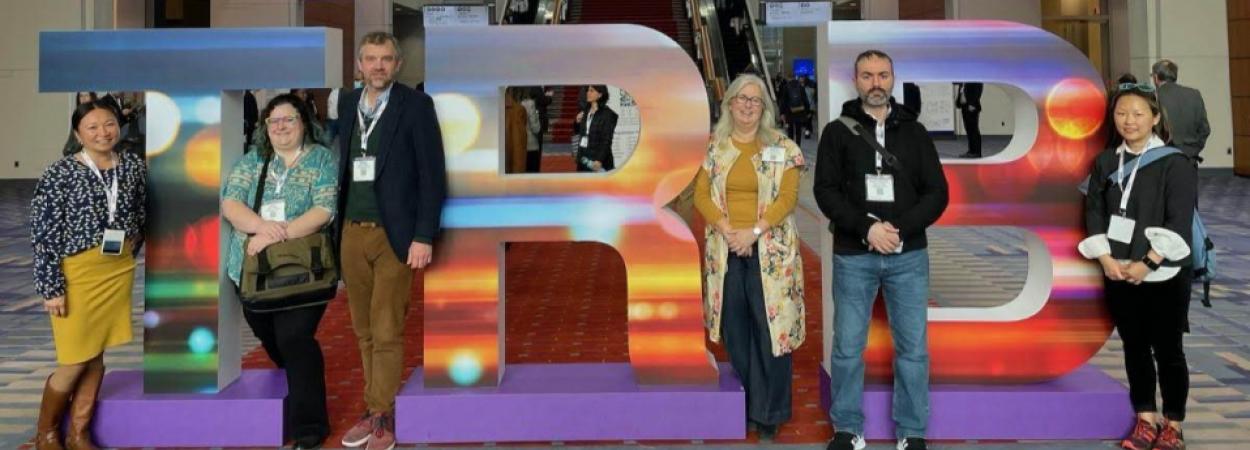
The 103rd annual meeting of the Transportation Research Board (TRB) will be held January 7–11, 2024 in Washington, D.C., and Portland State University transportation faculty and researchers will be sharing their expertise in 15 sessions at the world's largest transportation conference. The TRB annual meeting attracts thousands of transportation professionals from around the globe to address transportation policy, practice, and plans for the future.
Sunday, January 7 - Bicycle and Pedestrian Data Fusion: Learning from Each Other
Sirisha Kothuri of Portland State University will present in this workshop, sharing "Exploring Data Fusion Techniques to…
Read More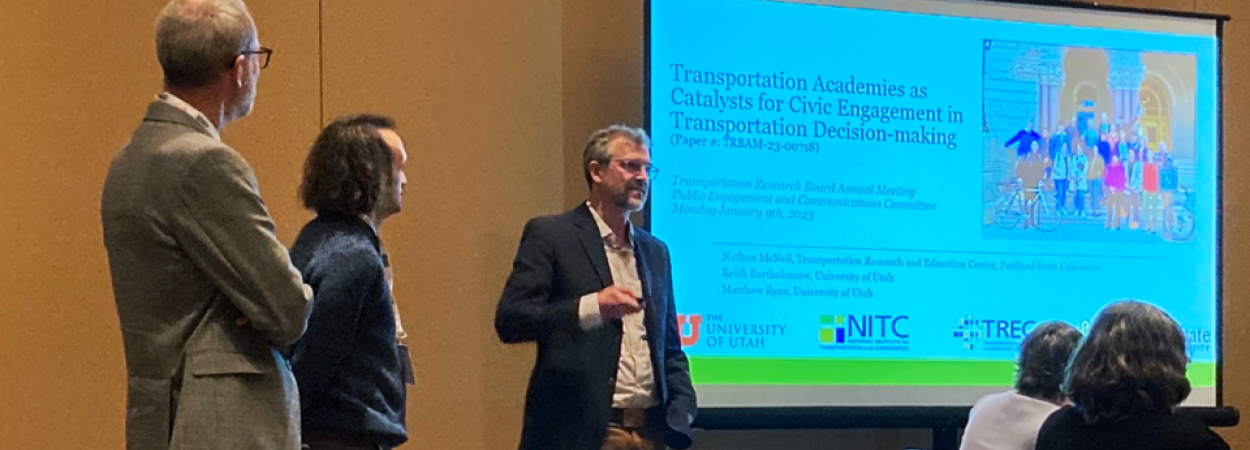
Nathan McNeil, a Research Associate at PSU's Transportation Research and Education Center (TREC), and co-authors Keith Bartholomew and Matt Ryan (University of Utah), have been selected for a Charley V. Wootan Award for their paper "Transportation Academies as Catalysts for Civic Engagement in Transportation Decision-making." They will be presented with the award in January at the annual meeting of the Transportation Research Board (TRB).
The paper, published in Transportation Research Record (TRR): The Journal of the Transportation Research Board, draws on findings from a project funded by the National Institute for Transportation and Communities (NITC), with additional support from Salt Lake City Transportation Division; Wasatch Front Regional Council; Utah Department of Transportation; Utah Transit Authority; University of Utah; Salt Lake County, Regional Planning and…
Read More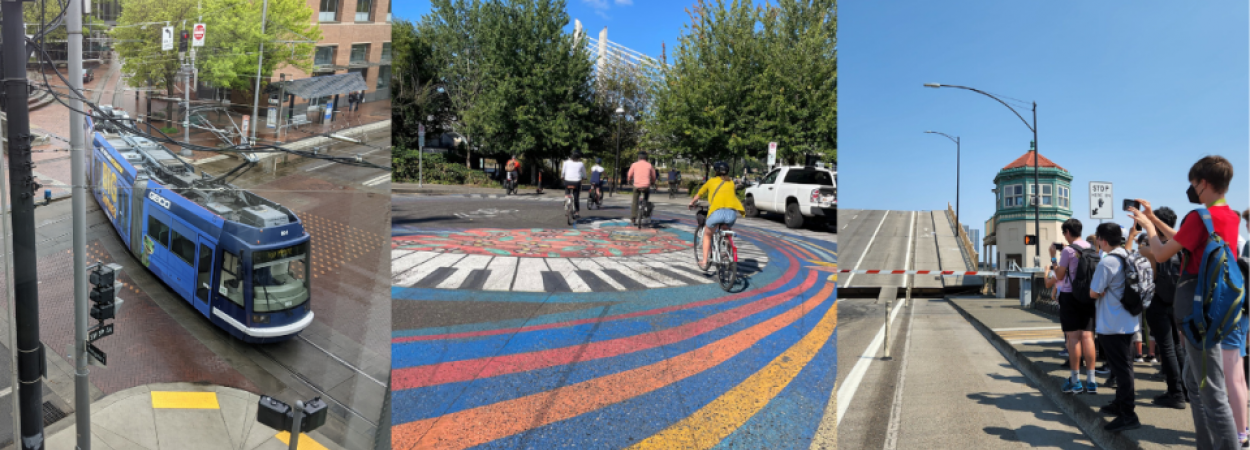
It has been a record-breaking year in research for Portland State University, and transportation research at the university is also on a roll. As 2023 wraps up we're taking a moment to look back at all the new transportation research and education projects awarded at PSU in the past year. Browse the list of projects below, and follow the links to learn more about these and other initiatives supported by PSU's Transportation Research and Education Center (TREC).
The Pacific Northwest Transportation Consortium (PacTrans) is the Regional University Transportation Center (UTC) for Federal Region 10. As a result of a recent federal competition, Portland State University is now part of PacTrans, which is based at the University of Washington. Being a part of th…
Read More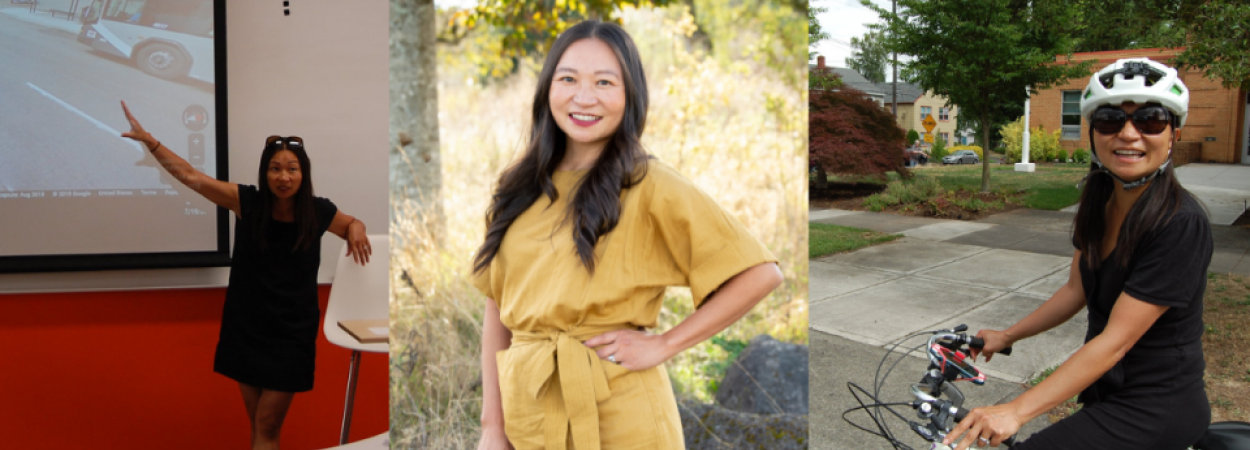
After 17 years of service to TREC, Portland State University's Transportation Research and Education Center, associate director Hau Hagedorn is moving on to a new position as the Community Investments Manager for Oregon Metro. We will miss her as a colleague, as a model for transportation photos (here she is on the cover of our 2022 Annual Report) and as a seemingly inexhaustible source of energy and inspiration!
During her time at TREC, Hau devoted tireless efforts to improving access to transportation and mobility for people of all ages, communities, and incomes. Her perseverance and commitment have been recognized in the form of numerous accolades and awards. In 2020, she received the CUTC-ARTBA Award for Administrative Leadership from the Council of University Tra…
Read More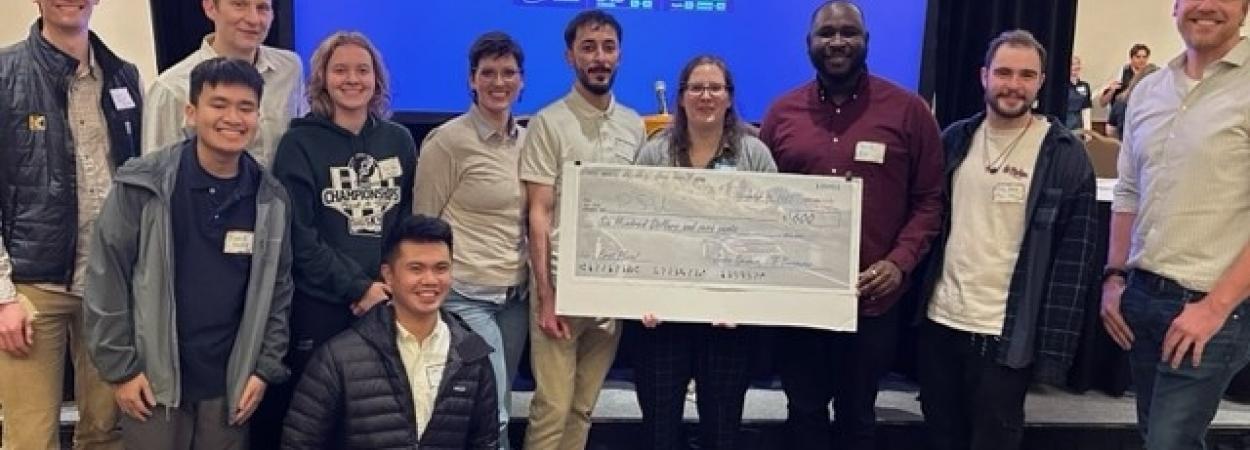
Earlier this month, Portland State University’s Students in Transportation Engineering and Planning (ITE-STEP) group competed in the 32nd annual Bill Kloos Traffic Bowl Competition held by Oregon ITE.
It was a tight finish against University of Washington and Oregon Tech, but the PSU student team took first place and impressed the crowd with their knowledge of signs, MUTCD, roundabouts, factors, and all things transportation. They won a $600 cash prize to support STEP activities. Because of this win, the team will now have the opportunity to compete in the 2024 ITE Western District Traffic Bowl.
Portland State University 2023 Team
